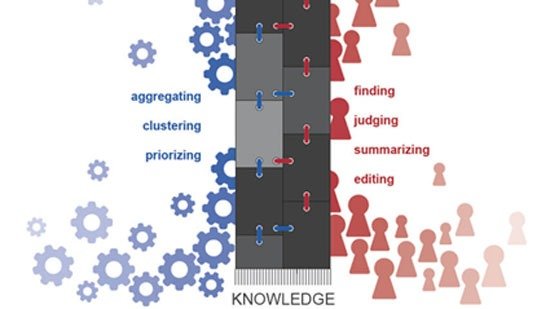
It could be the plot of a futuristic movie. Yet it is an idea for the organized devaluation of (also) intellectual labor. Not “sector by sector,” but as a general trend.
Researchers at Carnegie Mellon University built an “artificial intelligence” platform called Knowledge Accelarator. The “logic” of the thing is to collect, correlate and synthesize the conclusions of human researchers working on small pieces of a project without knowing the whole. The results were presented on 10 May 2016.
“Expecting someone to manage a large project in its entirety often leads to failures,” argues Niki Kittur, a professor at the Human-Computer Interaction Institute. “It’s too much to expect a human mind to manage to keep the ‘big picture’ without getting tangled.”
The German company Bosch, which funded the research and sent its technicians to participate, is already using the Knowledge Accelerator to collect and correlate information on failures and repairs of its complex products. Ji Eun Kim, from Bosch’s research and technology center in Pittsburgh, who was one of the program leaders, maintains that “the Knowledge Accelerator is a dynamic new approach to knowledge synthesis, and we are applying it to a variety of issues to unlock the potential of high-value yet messy and unstructured information.”
Although at first glance the Knowledge Accelerator seems to threaten the position (and prestige) of the heads of various working groups, in reality it makes “fragmentation” even easier. This is because it mechanizes the correlations that even those working on a small part of a project might otherwise need to keep in mind—correlations they would need, if not as direct, at least as indirect hints or directions.
